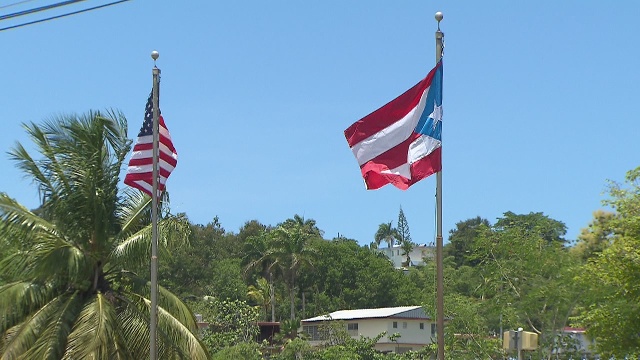
The consensual blockade
My generation grew up with the United States’ commercial blockade against Cuba. Today, every country in the world, except for Israel and the nation that imposed that blockade, demands that it be lifted to allow another era of relations between the two countries. There’s hope that that might happen.
Where there doesn’t seem to be any movement or the outlook of change is the other Caribbean blockade, the one imposed on Puerto Rico in 1898. That one has had really devastating consequences.
Going far beyond a commercial blockade, this one took away our ability to develop skills and talent to be autonomous and self-sufficient, as people and countries usually are. It blocked our chances to know, to analyze and have our very own history, because it forced us to internalize a narrative generated by the dominant power.
It isolated us from our Caribbean and Latin American neighbors, keeping us from participating in the halls of discussion and working together on common concerns. It barred our communication with the rest of the world, confining us to a territorial cage from which nobody emerges without Washington’s permission.
It surrounded and tempted us with trash culture, with banal formulas that coarsen reason and spirit. It denied us the possibility to elaborate utopias, accords and shared projects because it split us into tribes, betting that we’d spend life fighting over a fraction of the corrupt and senseless power that they threw us as bait.
That blockade also kept us from feeding ourselves from our own soil, from designing cities in harmony with the topography and natural beauty that surrounds us; it kept us from having transportation systems that are adequate for our needs and realities. The blockade profited by imposed on us its residual food, its automobiles, its home designs and the onerous patterns of consumption that today asphyxiate us.
Our blockade has also persecuted those who have attempted to confront it. Alienated, persecuted, limited in our opportunities to serve the country, many of us have chosen to emigrate at some point in our lives in search of a suitable space to fully display our intellectual and professional abilities.
It could be argued that that is a symbol of patriotic pride, but reality conceals pain and deep wounds in lives marked by the prejudice and intolerance that generated the blockade to the freedom of thought and expression.
The blockade on Puerto Rico bribed the hearts and minds of hundreds of thousands of Puerto Ricans, good people certainly but undoubtedly much too naive. It has been a deceitful blockade that, claiming to be a helpful hand in times of need, subjected to servility, impotence and intermediation a large part of the population, chaining it to an unworthy and demoralizing dependence.
It is also a depredatory blockade that defends the right to usurpation, financial speculation and the voracity of vultures that devoured the longtime savings and efforts of many people. A cruel blockade that subjects us to the insecurity generated by drug-trafficking mafias and the illegal businesses conducted by U.S. society. A pitiless blockade that looks away from the growing suffering of a life without future for the Puerto Rican people.
What sustains this century-old blockade? What dense blindfold was placed over the eyes of our population that keeps us from overcoming it? Looking into the recesses of my mind, I conclude that this has been a consensual blockade, a blockade that became natural with the passing of time and gradual accommodation of intermediary sectors of the dominant power.
It is the time to break away, to break the ignominy and liberate our ability to be, to do, to build a new Puerto Rico. We have an extraordinary base of talent, willingness and the ability to do just that. We need to put it all together and start the process. Enough of this blockade!
(From the Puerto Rican newspaper Nuevo Día.)

